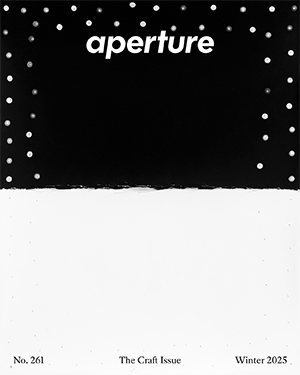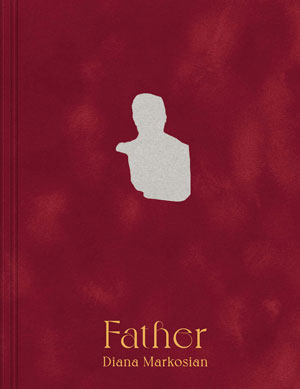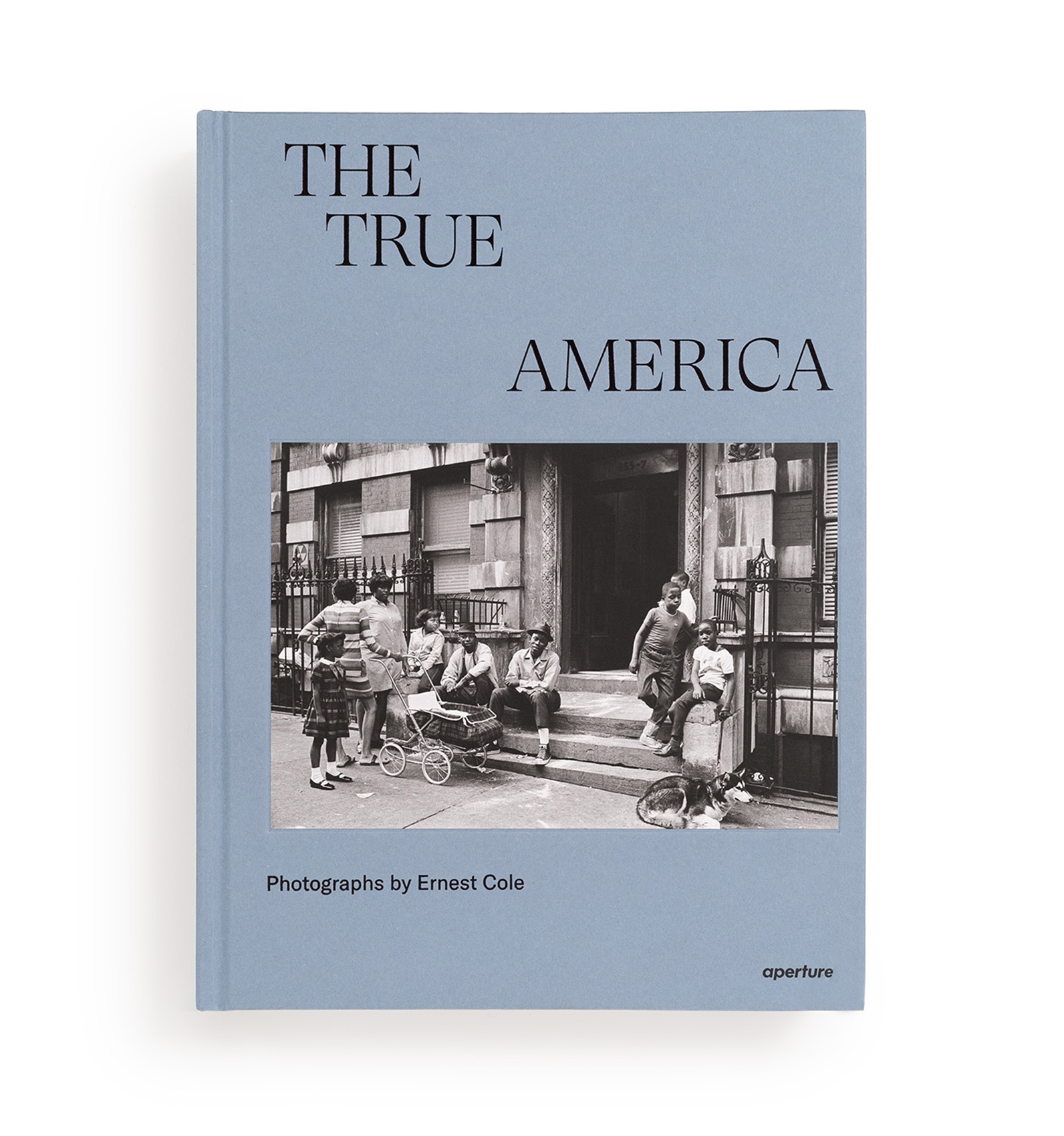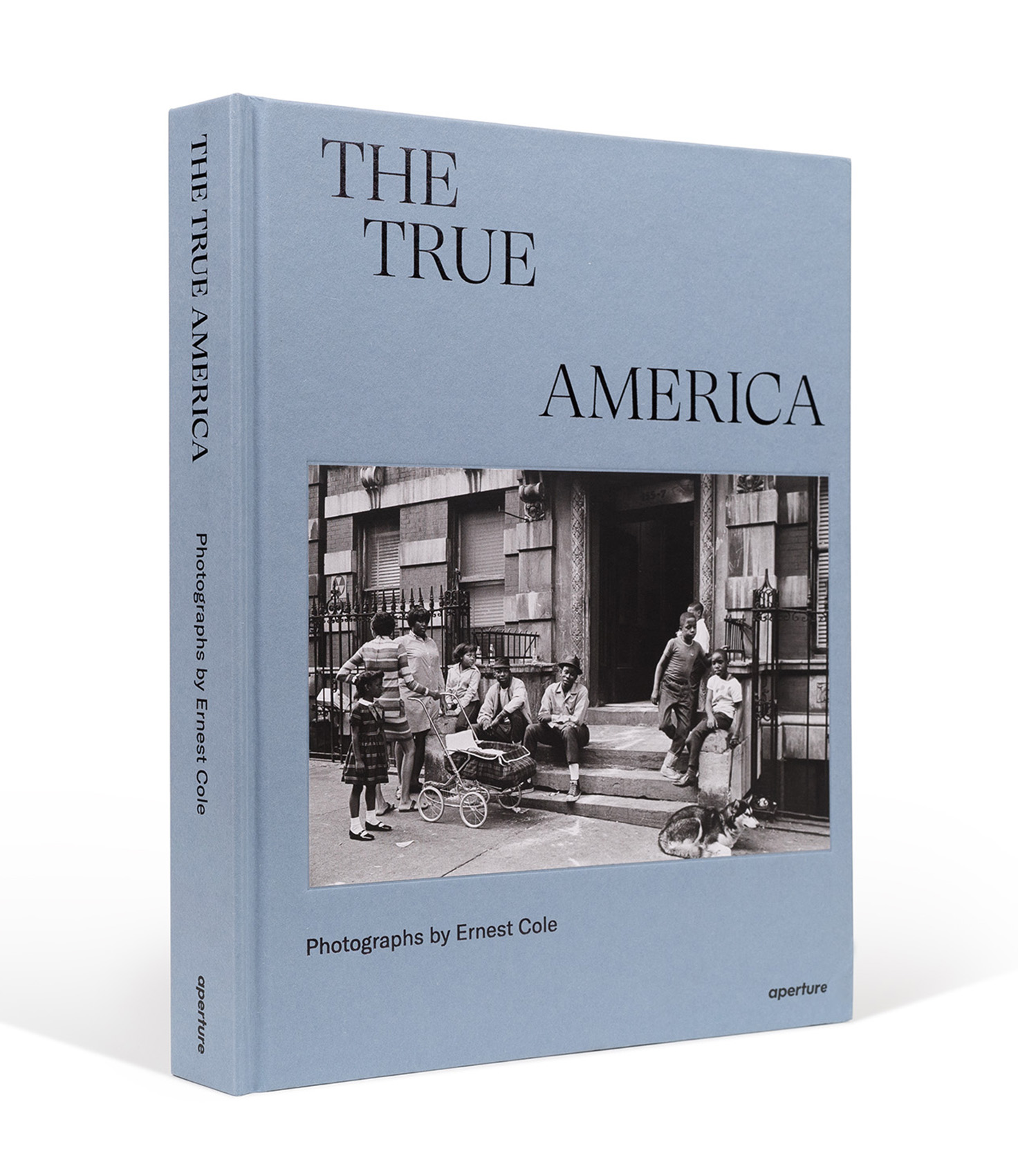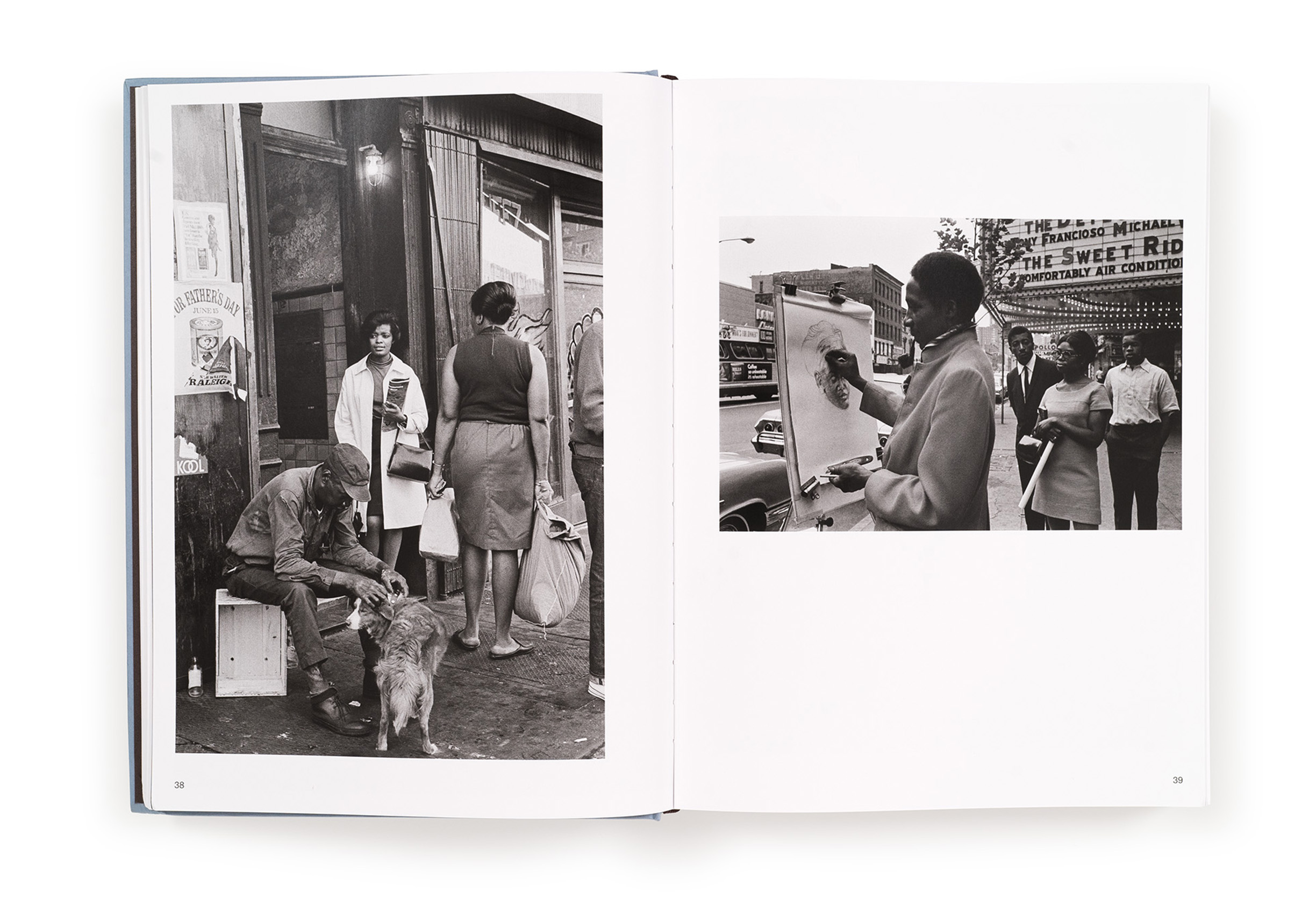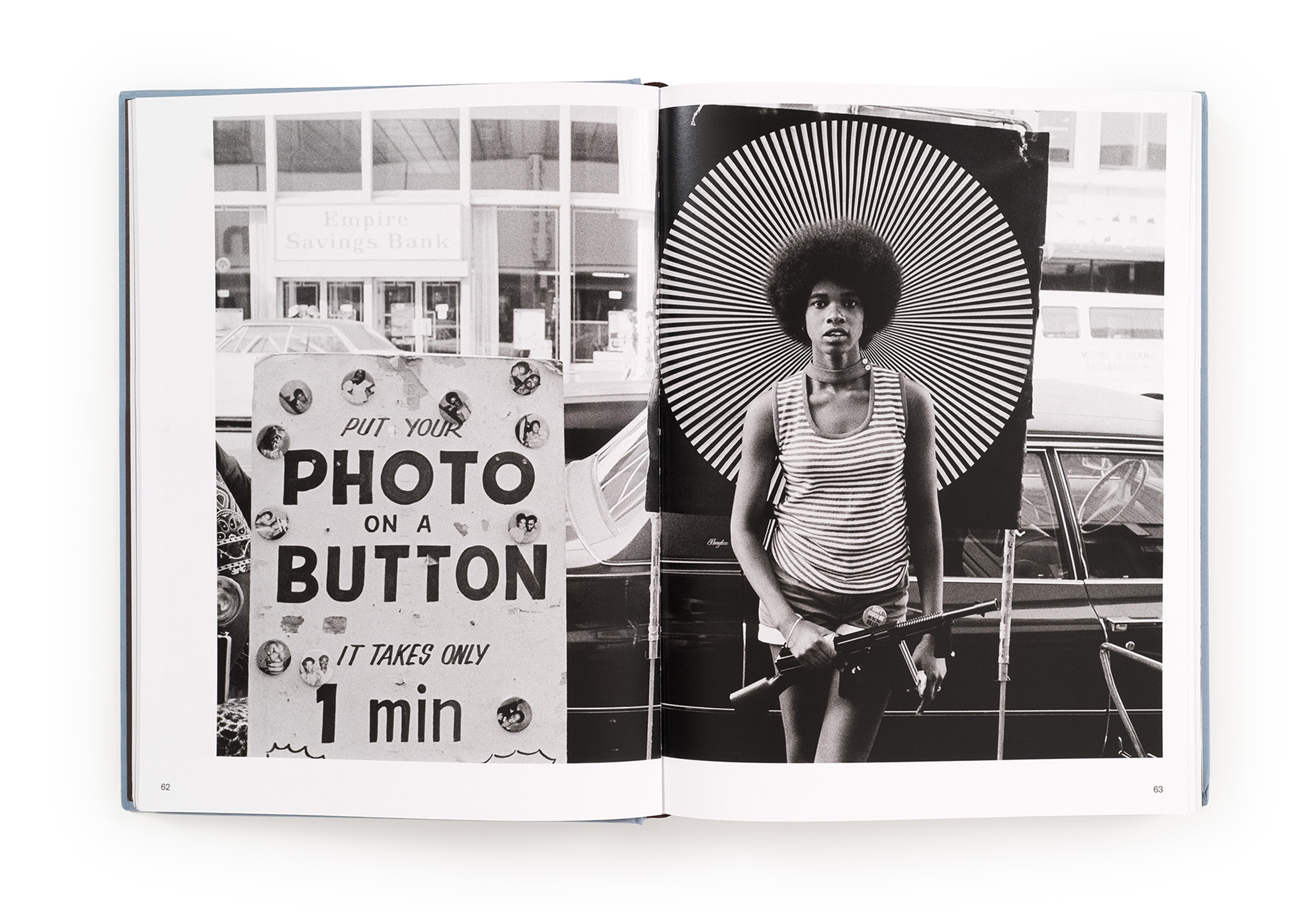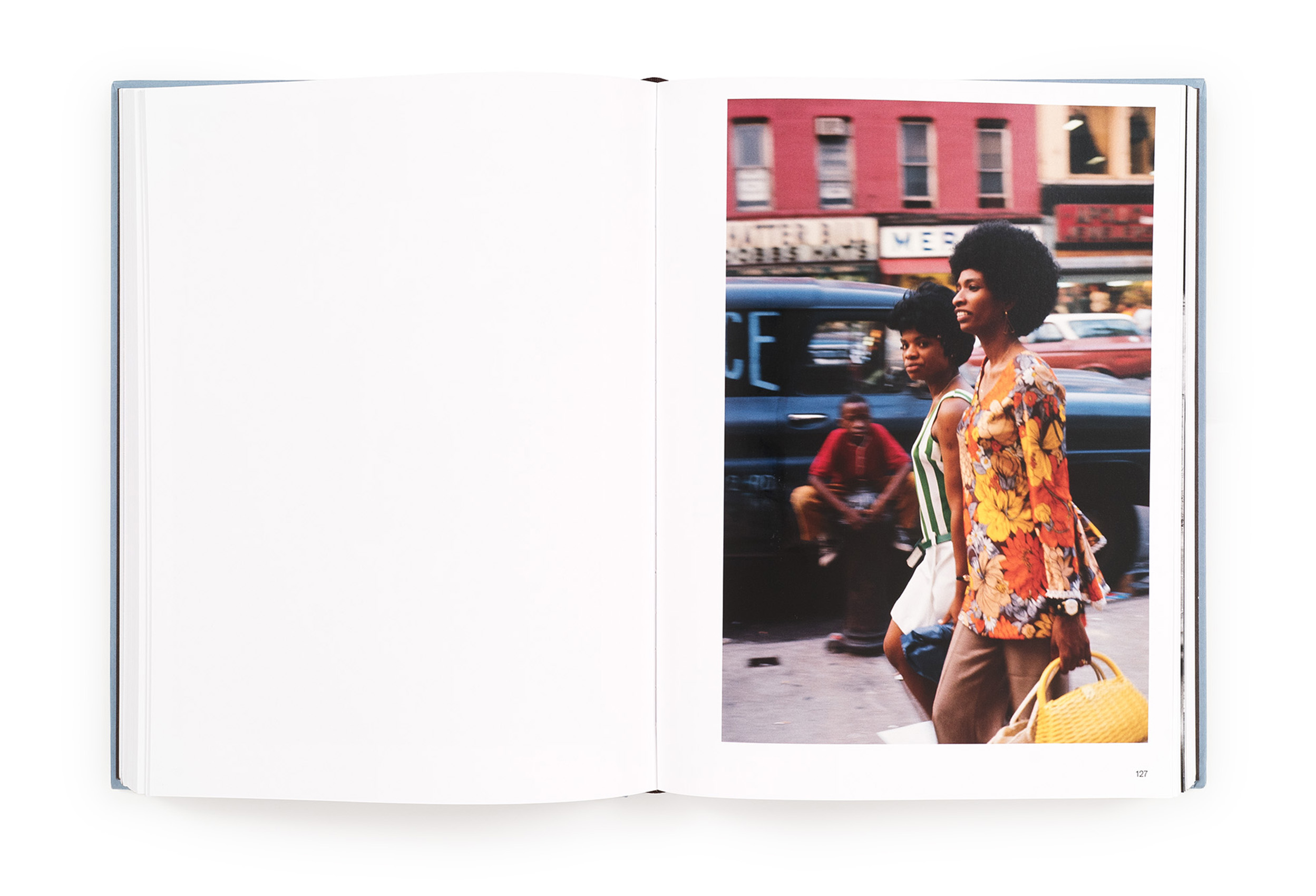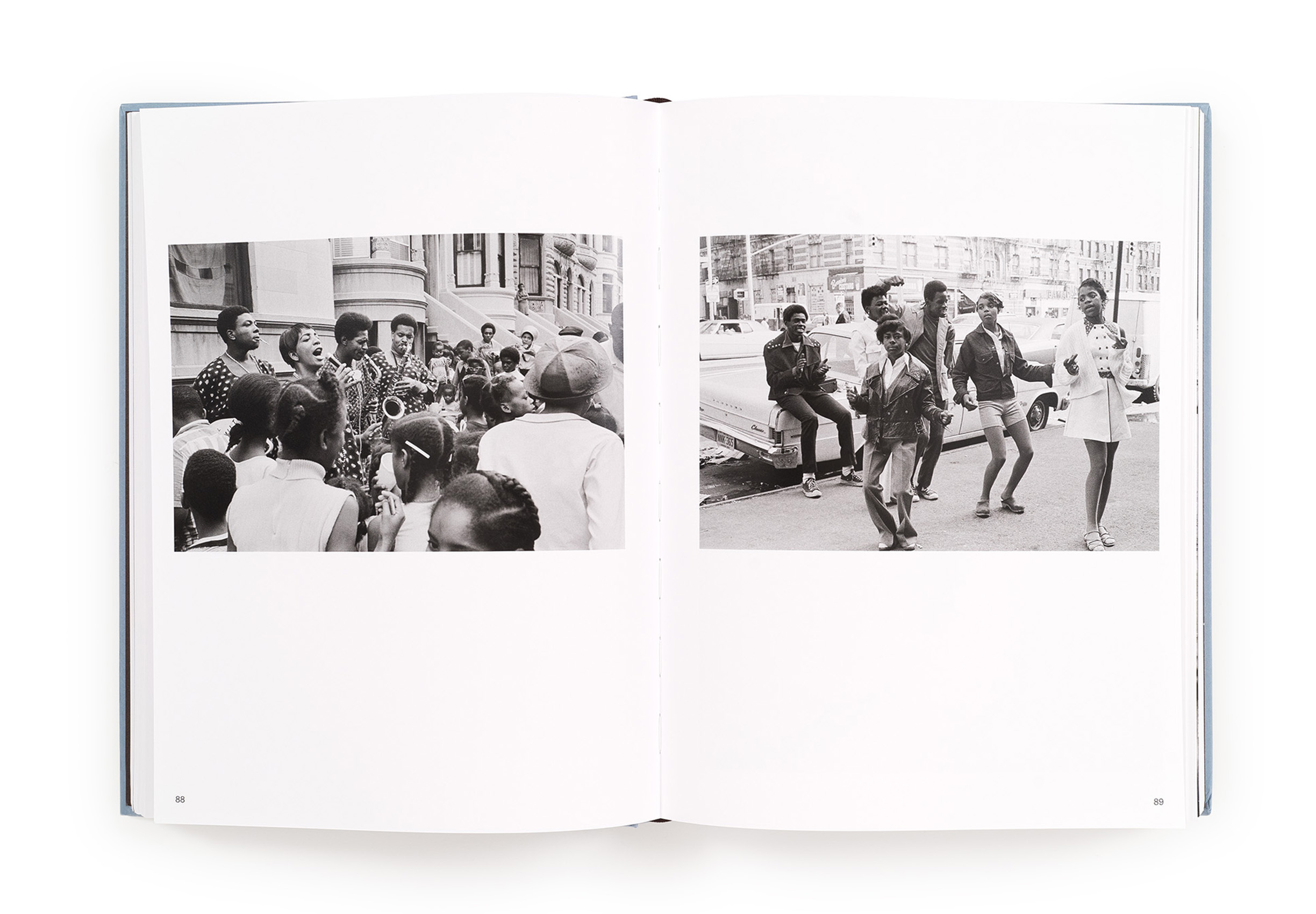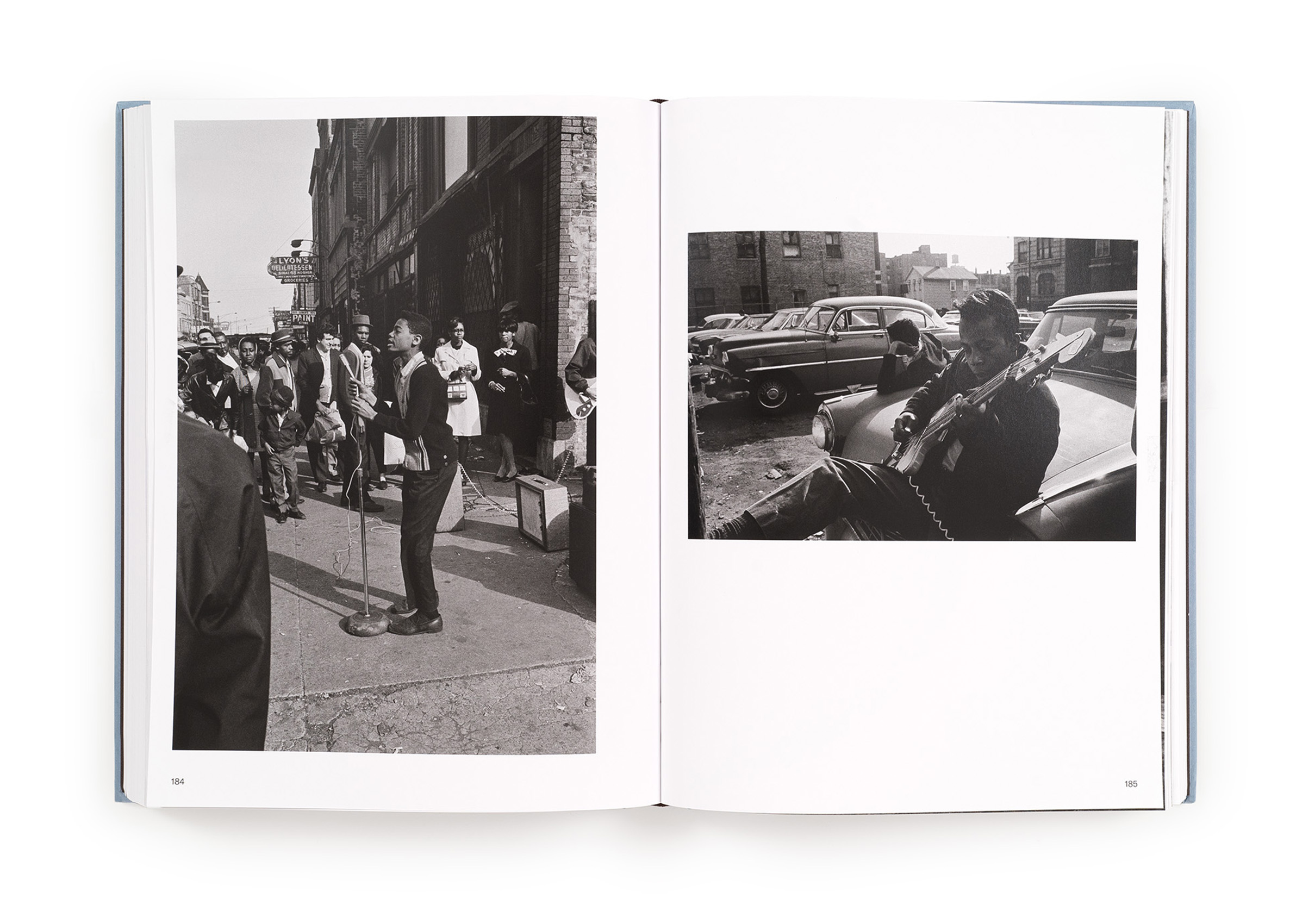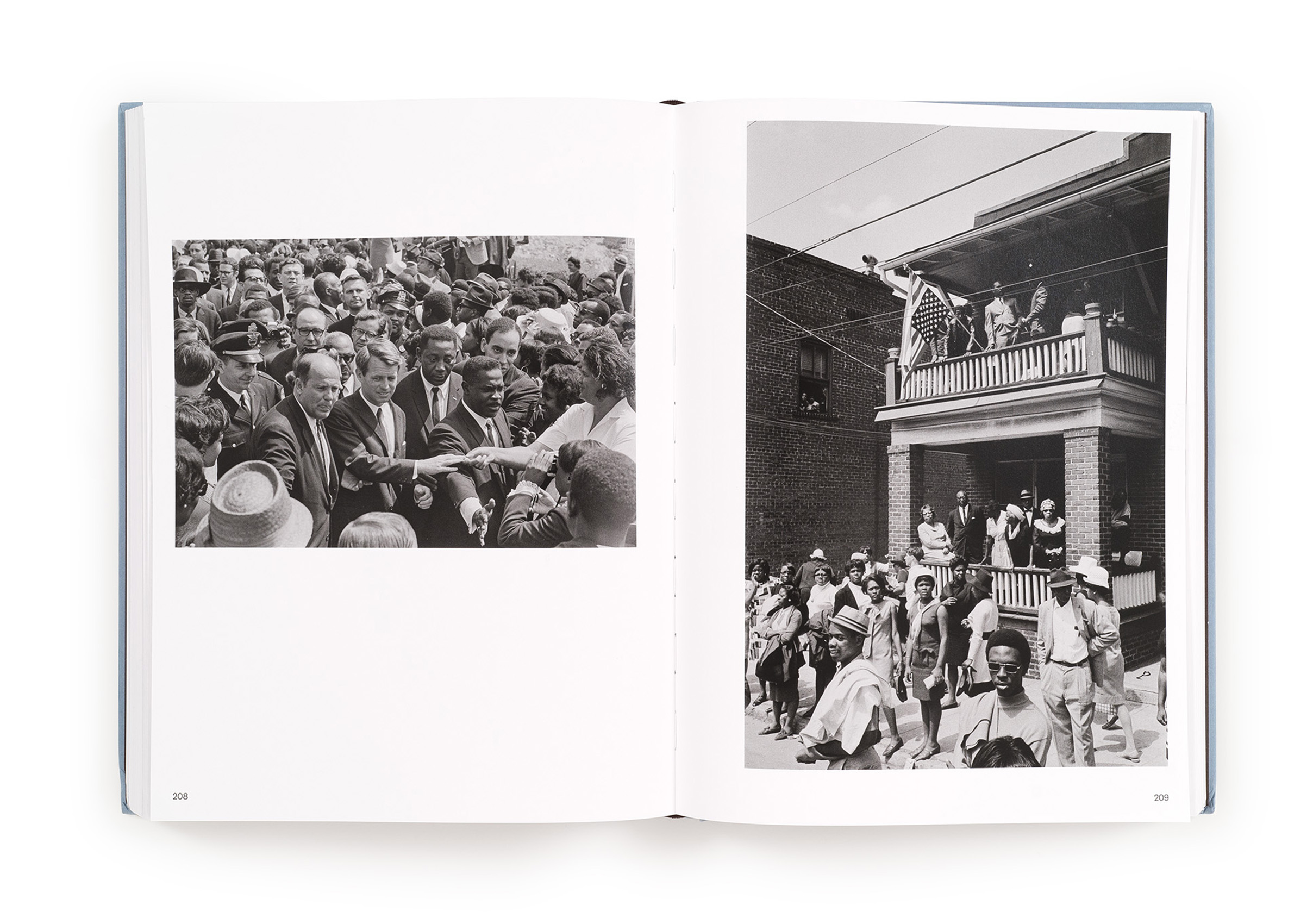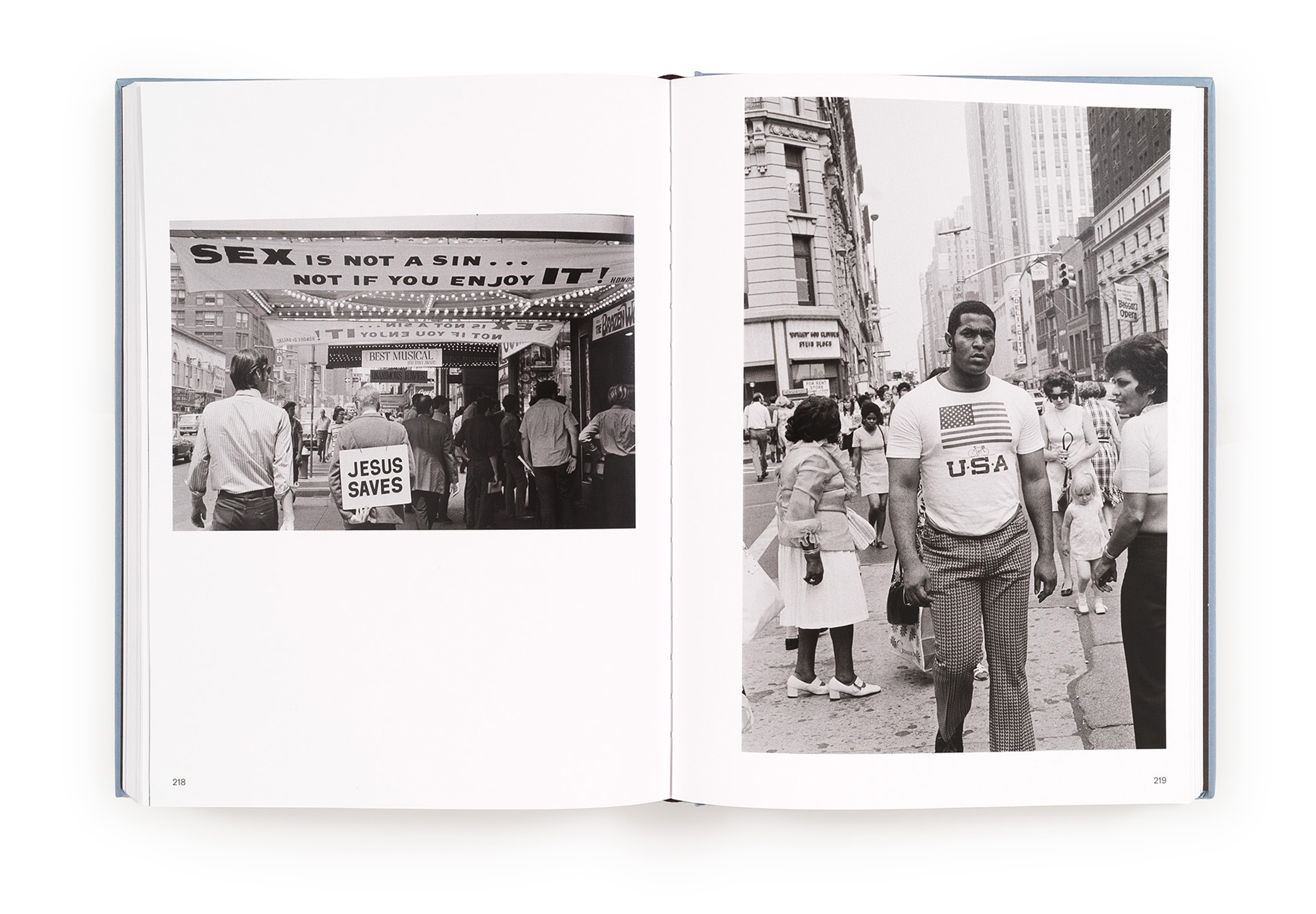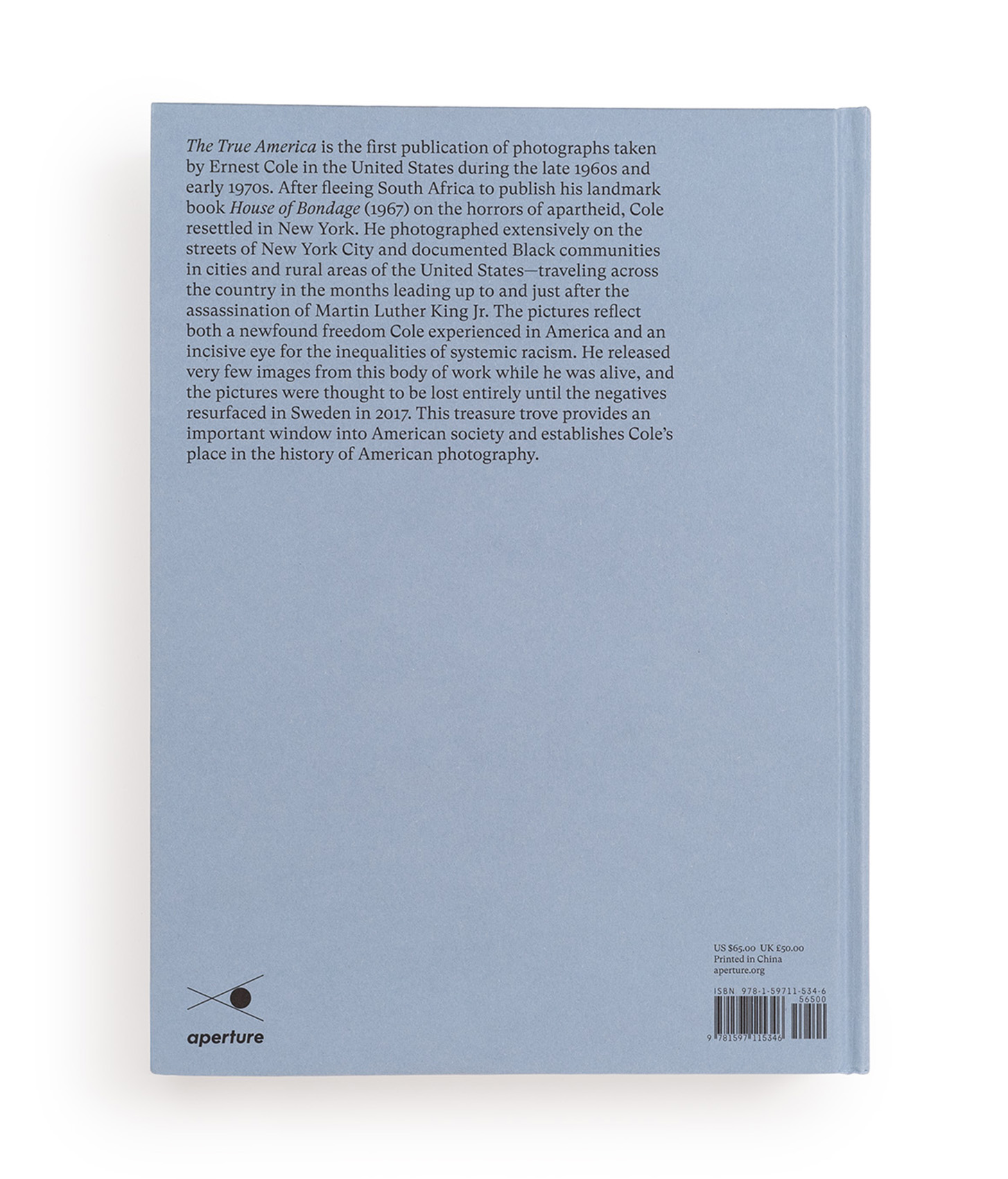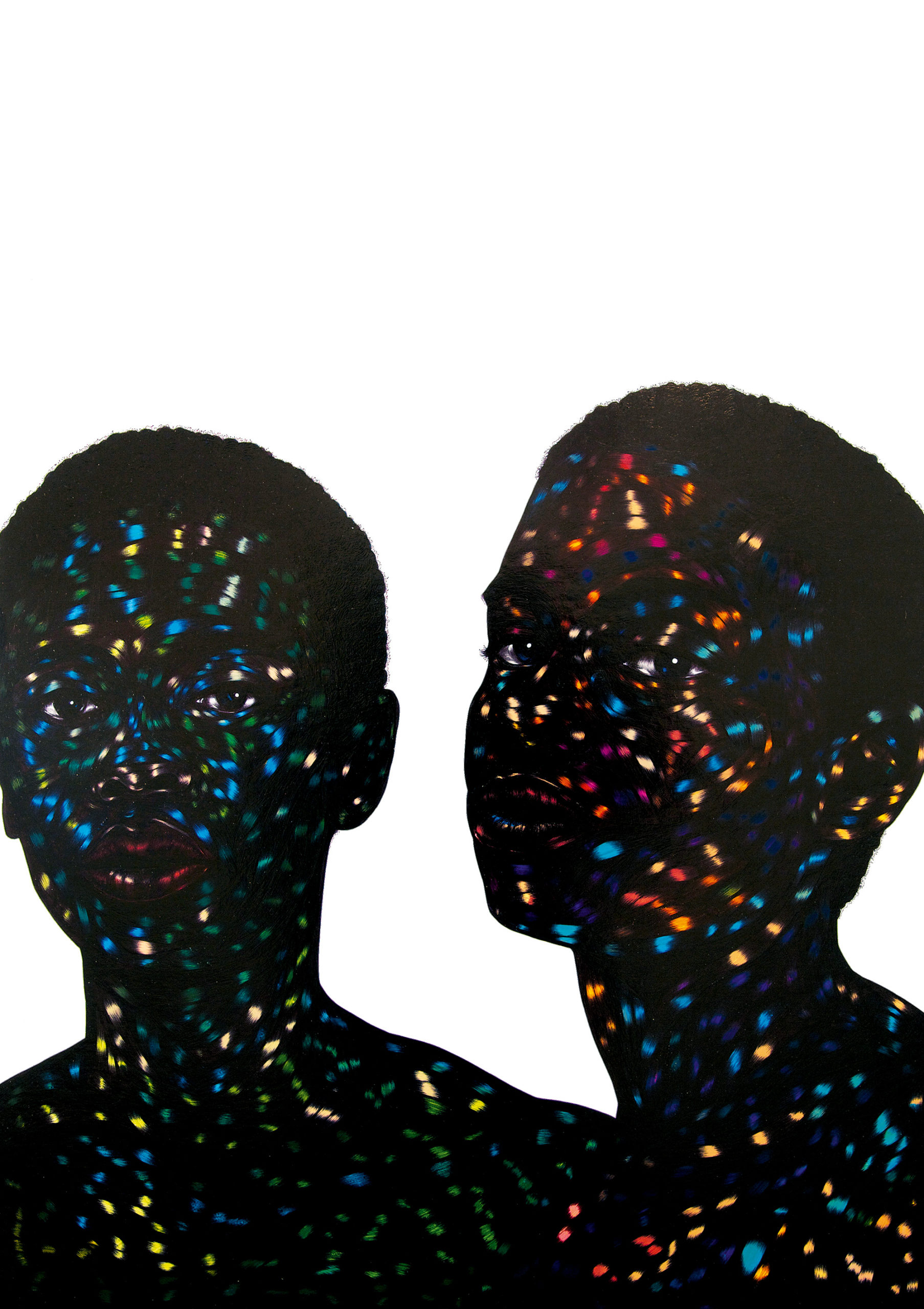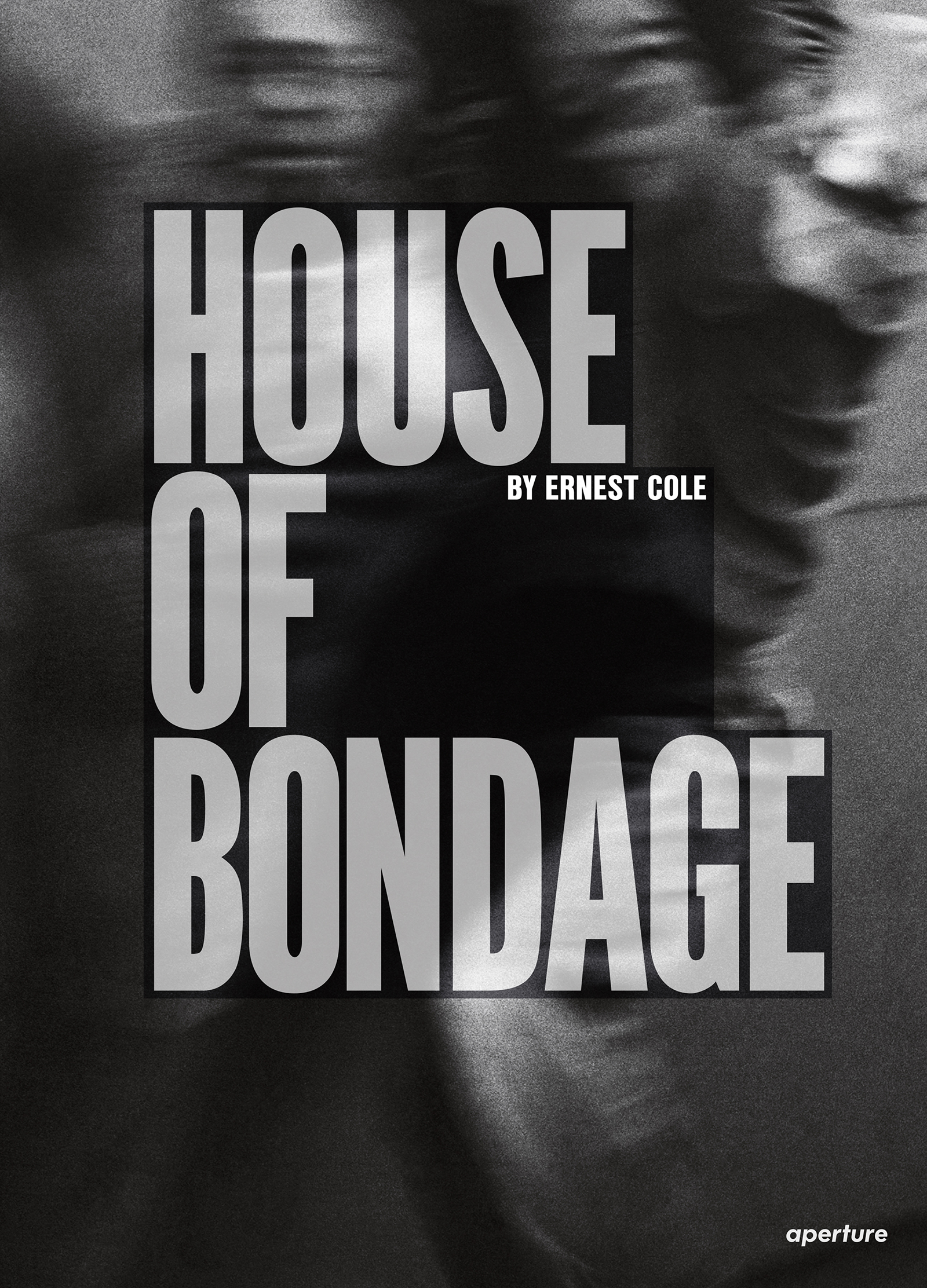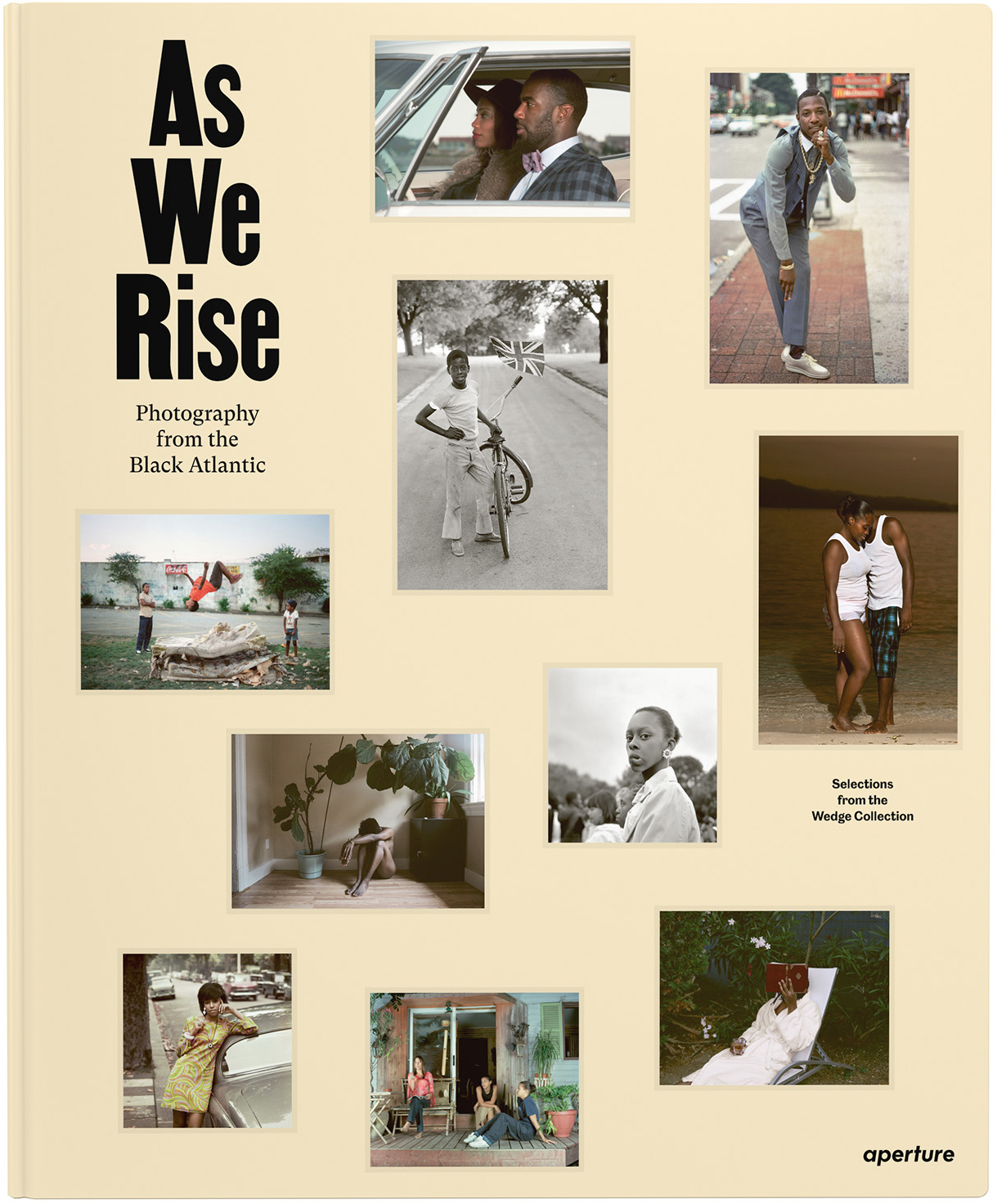Ernest Cole: The True America
$65.00
In stock
The first publication of Ernest Cole’s photographs depicting Black lives in the United States during the turbulent and eventful late 1960s and early 1970s.
Format: Hardback
Number of pages: 312
Number of images: 275
Publication date: 2024-01-06
Measurements: 8.4 x 11.5 inches
ISBN: 9781597115346
Ernest Cole (born in Transvaal, South Africa, 1940; died in New York, 1990) is best known for House of Bondage, a photobook published in 1967 that chronicles the horrors of apartheid. After fleeing South Africa in 1966, he became a “banned person,” settling in New York. He was associated with Magnum Photos and received funding from the Ford Foundation to undertake a project looking at Black communities and cultures in the United States. Cole spent an extensive time in Sweden and became involved with the Tiofoto collective. He died at age forty-nine of cancer. In 2017, more than six thousand of Cole’s negatives—missing for more than forty years—resurfaced in Sweden.
Raoul Peck is a director, screenwriter, and producer.
James Sanders is a journalist, researcher, and scholar. He has written extensively on South African politics, in such books as South Africa and the International Media, 1972–1979: A Struggle for Representation (1999) and Apartheid’s Friends: The Rise and Fall of South Africa’s Secret Service (2006). He worked as a research specialist on Anthony Sampson Mandela: The Authorised Biography (1999), and on numerous documentary films, including Mandela: The Living Legend (2003) and Mandela’s Gun (2016). He served as a guest editor of Noseweek and was the founding editor of Molotov Cocktail. Sanders has concentrated his research on the life of Ernest Cole.
Leslie M. Wilson is academic curator and director of research programs at the Art Institute of Chicago. Her research, teaching, and curatorial endeavors focus on the history of photography, the arts of Africa and the African diaspora, modern and contemporary American art, and museum studies. Her current and forthcoming projects include not all realisms: photography, Africa, and the long 1960s at the University of Chicago’s Smart Museum of Art where she was a curatorial fellow from 2019 to 2021, and David Goldblatt: No ulterior motive at the Art Institute of Chicago with cocurators Matthew Witkovsky and Judy Ditner. She has written for numerous publications, including Dear Dave, FOAM, and Manual. From 2017 to 2021, she was assistant professor of art history at Purchase College, SUNY.
